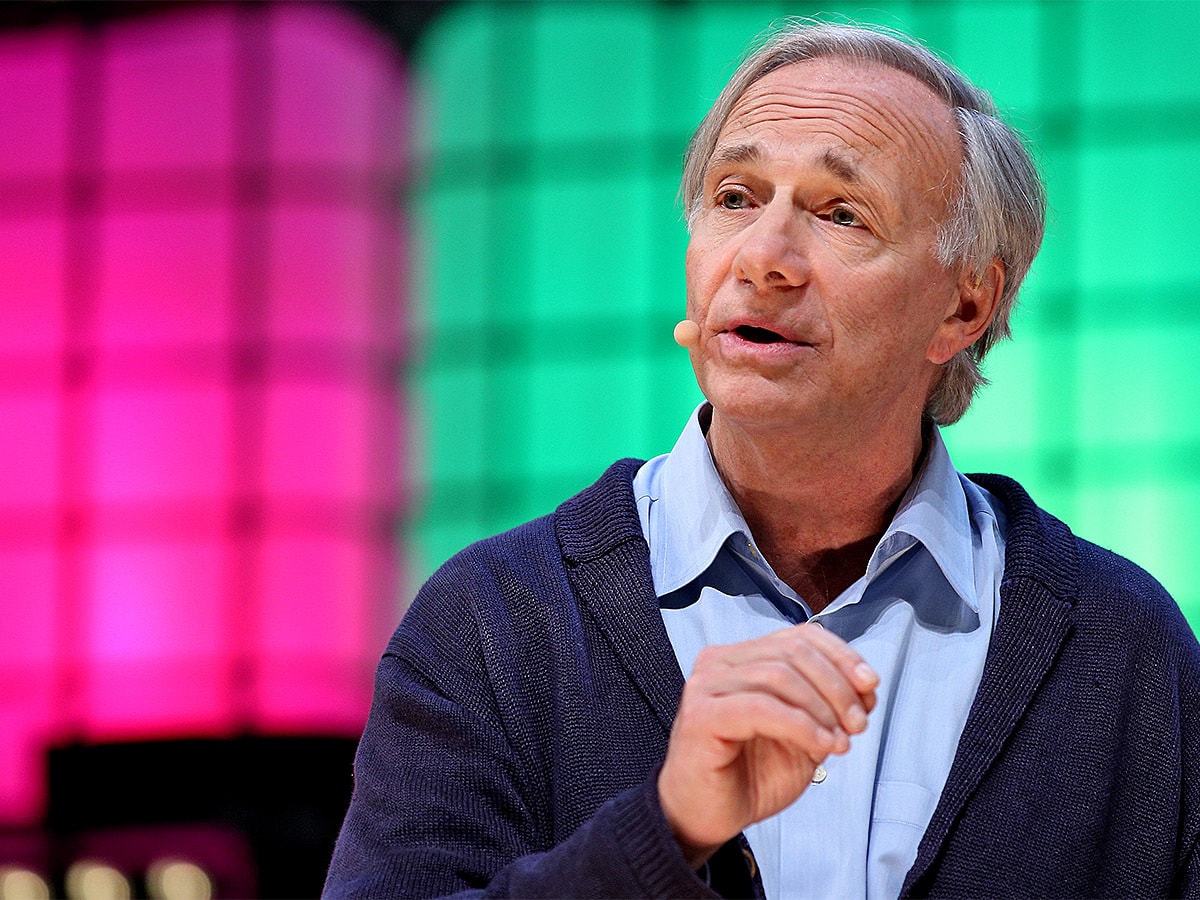Equity hedge funds endured their worst annual performance since 2018 in 2022, according to data from Hedge Fund Research. But Bridgewater Associates’ multi-asset, all-weather approach in China helped it to become last year’s top foreign hedge fund.
- Bridgewater’s main China fund has an annual return of 15.6% between October 2018 and October 2022
- Founder Ray Dalio says “the longer term picture in China is still bright”
- Most emerging market ETFs have high exposure to Chinese equities
Ray Dalio’s Bridgewater doubled its assets under management to 20bn Chinese renminbi (¥), Reuters reported last week. Around ¥2.7bn of this was thanks to a new product that launched in December.
"Bridgewater goes to show that building a scaled business in China is very much possible," Peter Alexander, managing director of fund consultancy Z-Ben Advisors, told the news agency.
"The commentary surrounding China as being too competitive or that foreign firms face certain barriers to growth are simply untrue."
Bridgewater’s main China fund, launched back in October 2018 and which targets wealthy clients, delivered an annual return of 15.6% through October 2022. A smaller fund, launched in December 2021, returned 8.4% in its first 12 months. For comparison, the SSE Composite Index tumbled 15.1% last year, while the CSI 300 Index logged a loss of 21.6%.
Bridgewater’s bets tumble in value in Q3
The latest 13F filing from November reveals that Bridgewater’s big bets on China declined in value in the third quarter (Q3).
The firm dumped internet giant Baidu [BIDU], reducing its position by 19%, with the value dropping by 36% from Q2. It also cut its position in ecommerce solutions provider Baozun [BZUN] by 3%, with the value plunging 45% sequentially.
While the firm increased its position in social network Weibo [WB] by 5%, the value of its stake tumbled by 22%. Similarly, its stake in cancer treatment biotech Beigene [BGNE] lost 15% in value, despite the size of the position rising by 2%.
The stake in private education company New Oriental Education and Technology [EDU] was cut by 6%, but the value rose by 11%.
The 13F filing for Q4 won’t be released until next month. The big question for other investors is whether it’ll show an increase in bullish bets on Chinese companies.
China’s reopening weighs on US and European stocks
The answer to whether Bridgewater has continued to invest in China in Q4 is: yes, probably. Speaking at the Greenwich Economic Forum on Bloomberg TV in October, Bridgewater’s founder Ray Dalio said “the longer term picture in China is still bright, because I know the people and I know the culture, and I think it’s good”.
Looking beyond Dalio’s own conviction, the current macro environment is challenging for developed markets, potentially creating investment opportunities in Chinese equities.
Bridgewater’s co-chief investment officer, Greg Jensen, told Bloomberg TV last month that China’s Covid lockdowns had been a “blessing” for other global economies – they were “such a disinflationary force into global inflation”.
“China opening and the effect that’s going to have on commodity prices, in competing for raw materials in the world, while the US and Europe are entering recession, will probably make the central banking dilemma worse,” said Jensen, who is expecting a recession double the normal length.
Funds in focus: iShares MSCI Emerging Markets ETF
With China’s reopening presenting risks to developed markets, emerging markets could potentially be a hedge against a recession. BlackRock strategists wrote in their weekly commentary published 9 January that “China replacing the US as the driver of global growth underpins our preference for emerging market equities, including Chinese equities, over [developed market] peers”.
BlackRock’s iShares MSCI Emerging Markets ETF [EEM] is heavily weighted in favour of Chinese equities, with five out of the fund’s top 10 holdings in Chinese companies as of 13 January (with the others being from Taiwan, South Korean, India and Brazil). The fund is down 15.6% in the last year, but has gained 9% since the start of 2023.
China also accounts for approximately a third of the total exposure of the Vanguard FTSE Emerging Markets UCITS ETF [VFEM.L] portfolio. The fund is down 6.1% in the past year, but is up 5.7% since the start of 2023 .
The Schwab Emerging Markets Equity ETF [SCHE] offers a similar level of exposure to Chinese companies as well. The fund is down 13.1% in the last year, but is up 8.7% since the start of 2023.
Disclaimer Past performance is not a reliable indicator of future results.
CMC Markets is an execution-only service provider. The material (whether or not it states any opinions) is for general information purposes only, and does not take into account your personal circumstances or objectives. Nothing in this material is (or should be considered to be) financial, investment or other advice on which reliance should be placed. No opinion given in the material constitutes a recommendation by CMC Markets or the author that any particular investment, security, transaction or investment strategy is suitable for any specific person.
The material has not been prepared in accordance with legal requirements designed to promote the independence of investment research. Although we are not specifically prevented from dealing before providing this material, we do not seek to take advantage of the material prior to its dissemination.
CMC Markets does not endorse or offer opinion on the trading strategies used by the author. Their trading strategies do not guarantee any return and CMC Markets shall not be held responsible for any loss that you may incur, either directly or indirectly, arising from any investment based on any information contained herein.
*Tax treatment depends on individual circumstances and can change or may differ in a jurisdiction other than the UK.
Continue reading for FREE
- Includes free newsletter updates, unsubscribe anytime. Privacy policy





